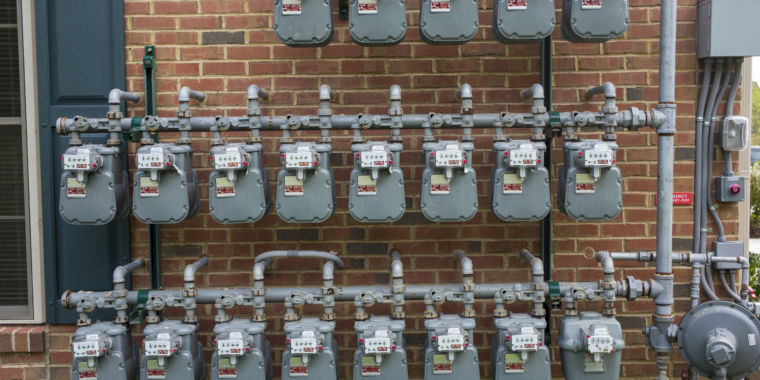mspohr
Well-Known Member
Critics say the ownership stakes reflect a conflict of interest for the Craddicks and exemplify a major ethics loophole in Texas, where regulators are allowed to have financial interests in the companies they oversee, unlike in some other oil-rich states. The ties are also newly relevant in light of last month’s blackouts, which left more than 9 million Texans without power and may turn out to be the costliest weather event in the state’s history.
Adrian Shelley, director of the advocacy group Public Citizen’s Texas office, said regulatory agencies in the state are “explicitly in service of industry.” He added that in the absence of robust conflict-of-interest laws preventing such situations, many Texans assume energy regulators are controlled by oil interests.



/cloudfront-us-east-1.images.arcpublishing.com/dmn/OVWPKB75UIN5DUPZJK4THZVUBU.jpg)


